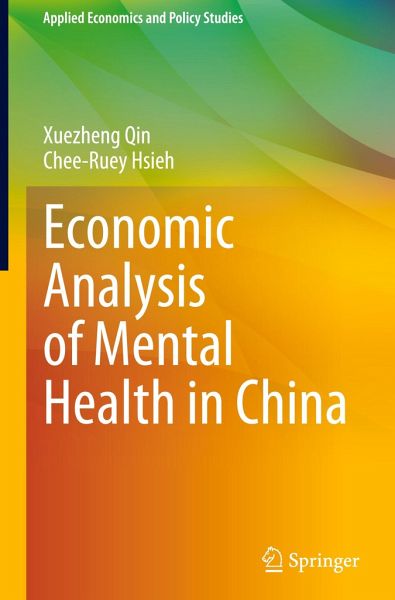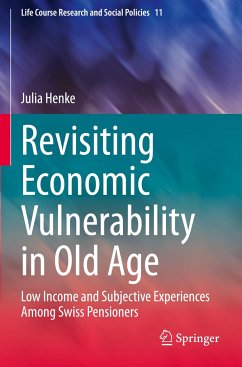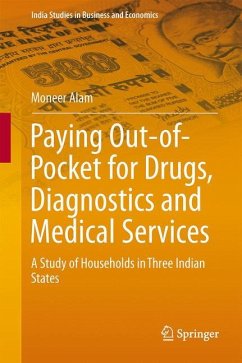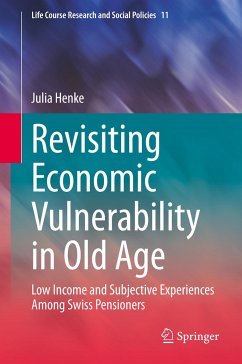
Economic Analysis of Mental Health in China

PAYBACK Punkte
49 °P sammeln!
This book uses an economic approach to analyze the socioeconomic causes and consequences of mental health disorders in China, with a special focus on mental depression. Based on a nationally representative dataset, we first investigate the prevalence and distribution of depression and depressive symptoms among China's adult population, and then use several econometric methods to estimate the multi-dimensional disease burden of the mental disorder, such as its direct medical costs, its indirect economic costs, and its hidden costs on social trust and life satisfaction. In addition, we specifica...
This book uses an economic approach to analyze the socioeconomic causes and consequences of mental health disorders in China, with a special focus on mental depression. Based on a nationally representative dataset, we first investigate the prevalence and distribution of depression and depressive symptoms among China's adult population, and then use several econometric methods to estimate the multi-dimensional disease burden of the mental disorder, such as its direct medical costs, its indirect economic costs, and its hidden costs on social trust and life satisfaction. In addition, we specifically address the socioeconomic determinants of mental health by examining how the relative and absolute economic status may determine people's mental depression. Lastly, we propose an analytical framework to evaluate the four major hurdles that cause the treatment gaps of mental health care, and discuss the policy options to overcome such hurdles and to address the unmet mental healthcare needs inChina and other developing countries. The book may facilitate our understanding on the complex determinants and implications of the rising prevalence of mental health disorders in developing countries like China. In addition to the students, teachers, and researchers in the fields of health economics and public health, the book may also be of interest to health policy makers and non-government agencies who are concerned with addressing the global mental healthcare challenges using economic policy tools.














